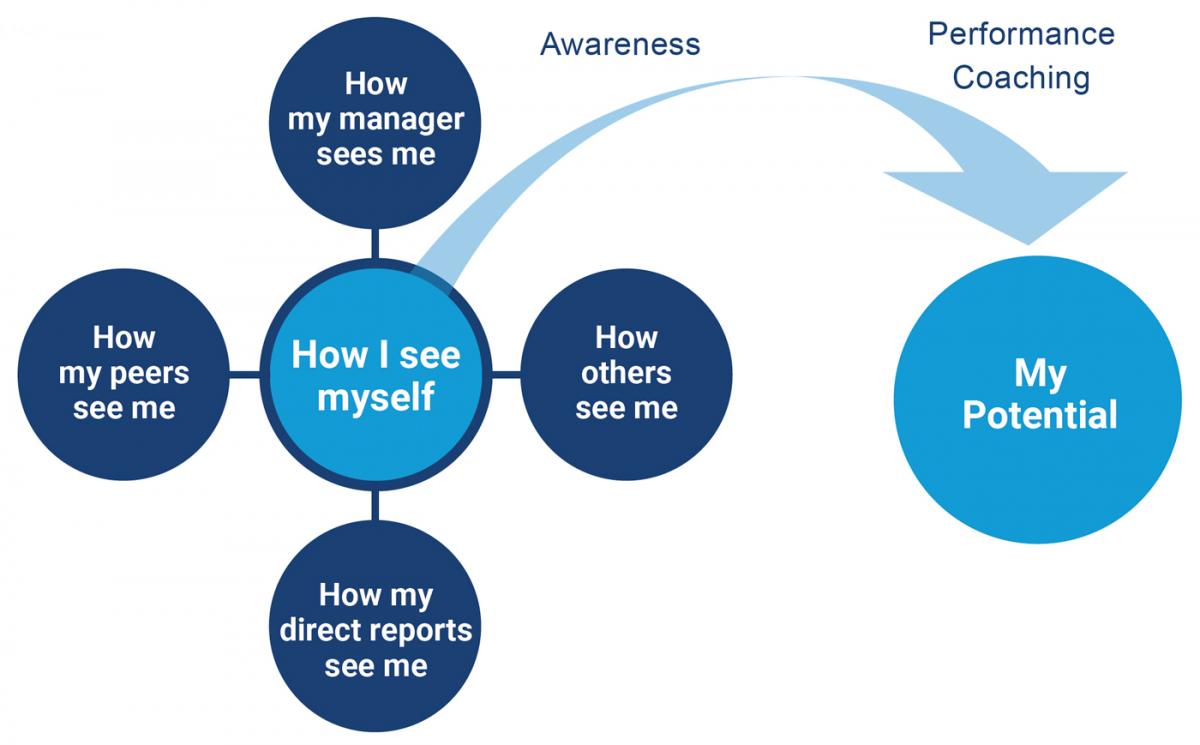|
|

Multi-rater feedback programmes, sometimes known as “360-degree feedback programmes,” are development tools that provide staff with confidential and anonymous feedback about their behaviors from colleagues who work around them. These programmes can be useful for all levels of staff who want to gain insight and grow through understanding how others perceive them.
How is multi-rater feedback used in the UN today?
Currently in the Organization, Multi-rater feedback is used for developmental purposes, rather than as a tool to inform performance evaluations. Going forward and in line with the Secretary-General’s reform agenda, efforts are underway to further strengthen a culture of accountability in the Secretariat especially in terms of how staff and managers conduct their day-to-day activities. This will require staff at all levels, including senior leaders, not only to be aware of the existing accountability framework and mechanisms but also to understand their personal accountabilities, responsibilities and authorities. The use of multi-rater feedback to inform performance evaluations would be one such mechanism.
What are the benefits of multi-rater feedback?
These programmes can:
- Offer valuable insight into how a person is perceived by others
- Help in identifying challenges and forming plans to address them
- Create better dialogues between managers and their teams
- Help increase transparency and accountability in organizations

Examples of multi-rater feedback programmes in the Secretariat
- Leadership and management programmes (ongoing): DMSPC/Office of Human Resources, in collaboration with the United Nations System Staff College, offer a range of leadership and management programmes. Some offer multi-rater feedback assessments in their curriculums, including: The Executive Management Programme, Women, Leadership and the UN and Emerging Talent.
- Programmes designed for senior managers/leaders: DMPSC/Office of Human Resources conducts annual multi-rater feedback programmes for groups of senior leaders across all duty stations/entities at the USG and ASG levels. Other entities periodically design similar programmes for various levels of managerial staff. Examples have included initiatives in OCHA, OHCHR, ESCAP and the former DPKO/DFS.
- DMPSC pilot on “Agile Performance Management”: In 2018, DMSPC launched a series of pilot programmes across DGACM, DPPA, OHR and a few field missions in which all levels of staff used external software to give each other feedback on an ongoing basis. The lessons learned from this exercise will inform how multi-rater feedback may be used in the future for all staff.
|


